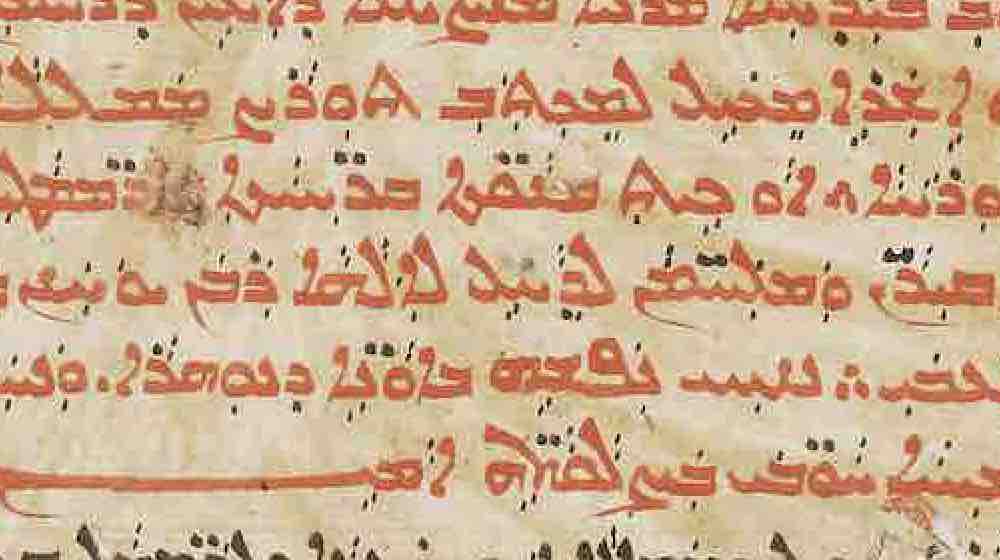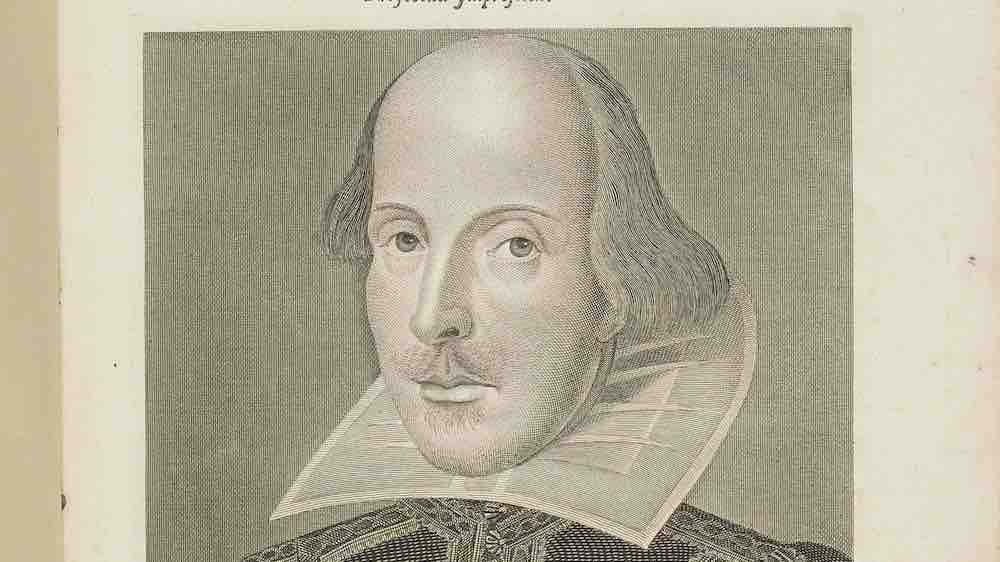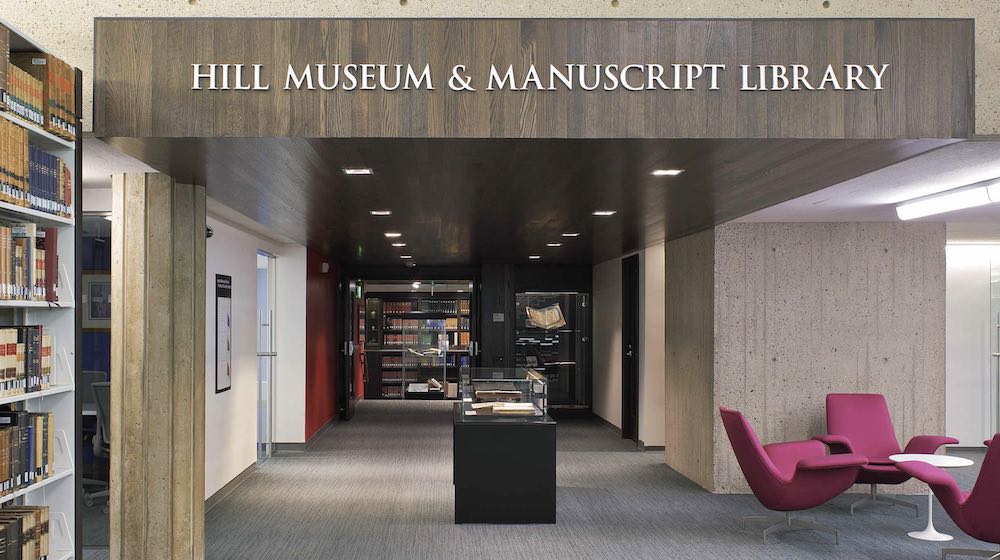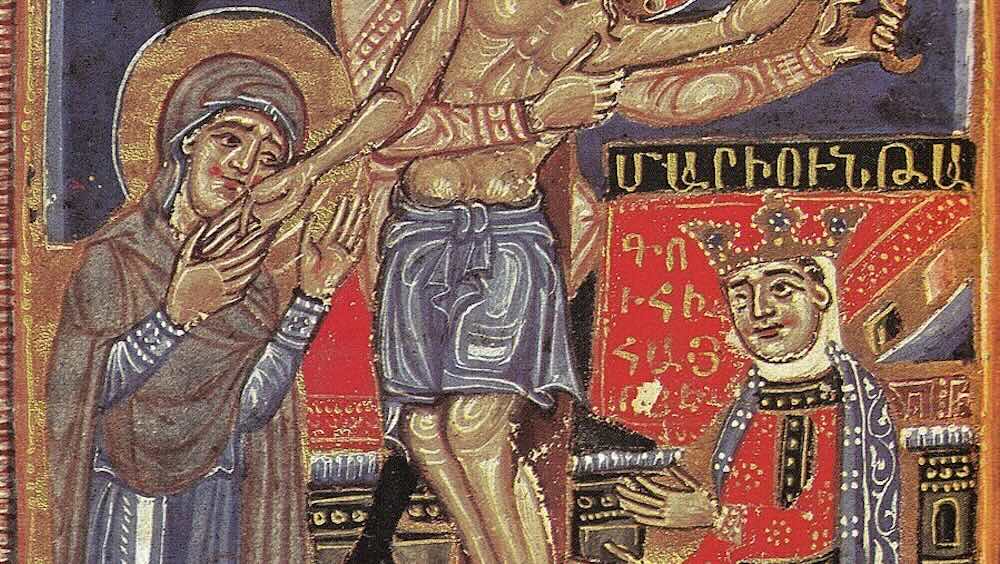HMML Receives $1.4 Million NEH Grant To Preserve And Share Manuscript Heritage
HMML Receives $1.4 Million NEH Grant to Preserve and Share Manuscript Heritage
January 21, 2020The Hill Museum & Manuscript Library (HMML) at Saint John’s University has received $1,408,474 in grants from the National Endowment for the Humanities (NEH) to support its mission to preserve and share the world’s handwritten heritage.
The grant will fund a three-year project to catalog 53,000 digitized manuscripts and create an online database of authors and titles originating from under-represented or little-known literary traditions.
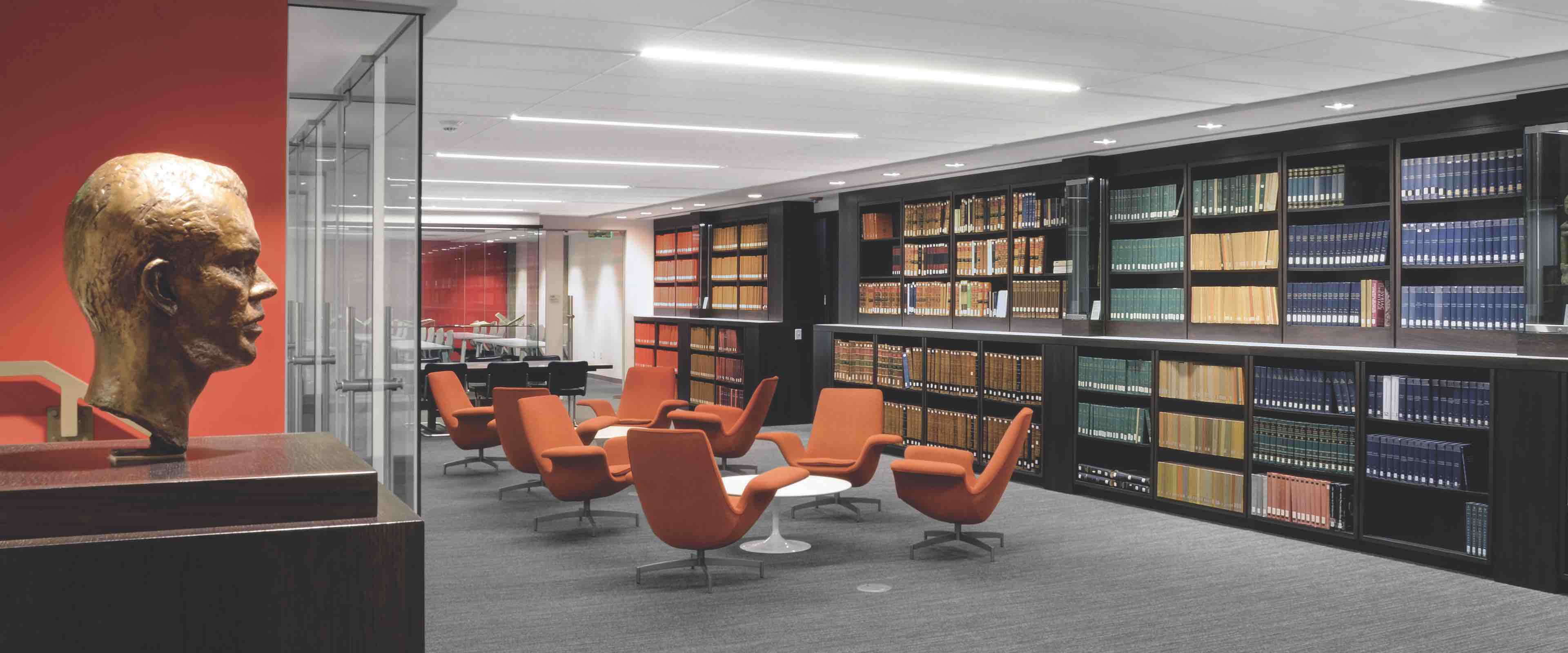
“Our agency is proud to be a leading funder of this vital project,” said NEH Chairman Jon Parrish Peede. “Generations of international scholarship will spring from this meticulous cataloging initiative.”
Of the total amount, $1,208,474 is an outright grant, and $200,000 must be matched by funds raised by HMML. This exceptional grant, made by the NEH through a Cooperative Agreement in its Preservation and Access Division, supports major advances in scholarly resources for a particular area of the humanities.
Preserving endangered manuscripts
Across the Middle East, Africa and Europe there are Christian and Islamic handwritten books and scrolls previously unknown, inaccessible, and endangered by weather, war, and civil unrest. In many cases, these documents are the only surviving records of local cultures that existed in the past; HMML has been working for years to photograph and digitize them. The grant funds will be used to support the work of seven catalogers and metadata experts to make the manuscripts available online to scholars all over the world.
"Cataloging is an essential step in preserving cultural heritage" - Father Columba Stewart, OSB
“Cataloging is an essential step in preserving cultural heritage,” said Father Columba Stewart, OSB, executive director of HMML. “If a manuscript is digitized and preserved but not findable and accessible to the world, it cannot be read, studied or appreciated. We are deeply grateful to NEH for recognizing the value of this work and for supporting our efforts to shine a light on these remarkable and significant manuscript traditions.”
All manuscripts cataloged under this project will be made accessible on HMML’s online “Reading Room.”
The grant will also empower HMML to develop vHMML Data, a new database of author names and titles related to manuscript traditions not currently represented in standard reference tools such as the Library of Congress database of authorities. vHMML Data will be freely accessible online for use by other libraries and projects. These new resources will help to bring these understudied traditions into scholarly discourse and broader public understanding. The project will be led by Dr. Daniel Gullo, HMML’s coordinator of digital humanities projects.
“I am very proud that HMML, in partnership with NEH, is taking the initiative to digitally preserve and make accessible to scholars–and to all of us–the heritage of humankind as represented in Christian and Islamic manuscripts,” said Lyndel King, Chair of HMML’s Board of Overseers. “It is so important, particularly in our perilous contemporary times, that we understand our history. HMML’s work, enabled by this NEH grant, gives us access to some of humanity’s most important written traditions.”
Established in 1965, HMML is a global cultural organization whose mission is to preserve and share the world’s manuscript heritage. It has formed partnerships with over 580 libraries and archives worldwide. HMML has three areas of focus: digital preservation of rare and endangered manuscripts; cataloging and sharing the manuscripts online; and fostering research and education about the cultures that produced them. In 2019, NEH named Fr. Columba the Jefferson Lecturer, the highest honor bestowed by the federal government in the humanities.

